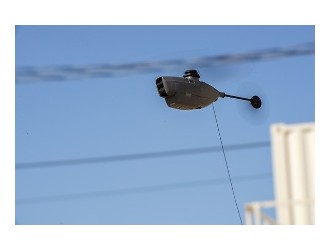Russia’s Irkut Corporation has delivered the static test fuselage for the company's new MC-21 airliner to the N.E. Zhukovsky Central AeroHydrodynamic Institute (TsAGI) in Moscow. This phase of testing is intended to confirm the strength characteristics of the new 160- to 212-seat narrowbody and to provide certification of the type for static strength, the company announced Monday.

Irkut Corporation’s engineers, together with the employees of TsAGI and partner companies, will perform airframe assembly. Irkut is a subsidiary of United Aircraft Corp. (UAC).
The first stage of the airframe test includes leak inspection. Next, TsAGI specialists plan to initiate static tests, which include simulation of structural loads in all flight modes.
The tests comprise experimental verification of static strength, checks of the accuracy of calculation methods to determine strength and fine-tuning of the so-called finite element models based on experimental data.
TsAGI has already conducted tests of a large number of elementary and structurally similar patterns, including several types of panels, as well as cross- and longitudinal joints. The institute is now performing tests involving a fuselage compartment and a tail and fin box, while engineers ready for the isolated testing of the composite-made wing box, stabilizing fin and high-lift devices.
At a June 8 roll-our ceremony, UAC indicated that it expects to achieve a first flight for the MC-21 in February 2017. Certification is expected in 2018.





